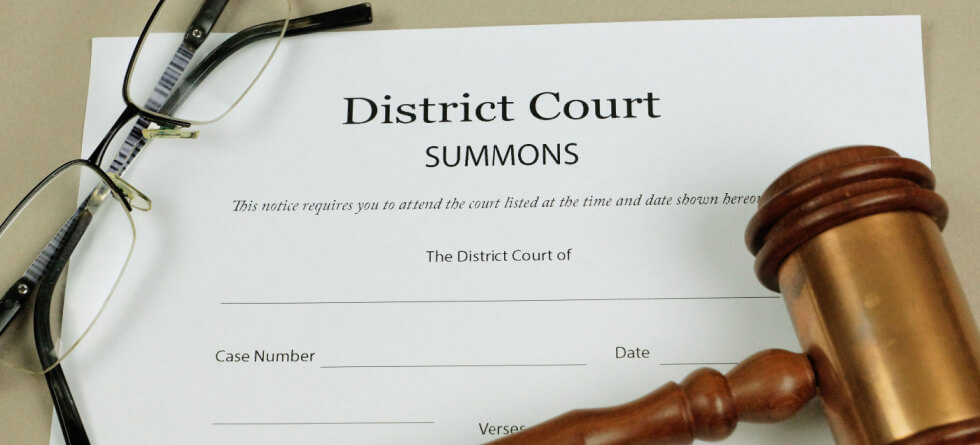If you are wondering if there is a judgment against you, there are several steps you can take to find out:
- Check your credit report: One way to determine if there is a judgment against you is to review your credit report. Any outstanding judgments or liens should be listed on your credit report.
- Check court records: You can also check court records in the jurisdiction where the judgment may have been entered. This can be done by contacting the court directly or searching online through court websites or other public records databases.
- Contact the creditor: If you have outstanding debts or bills that you suspect may have resulted in a judgment, you can contact the creditor directly to inquire about any judgments that may have been entered against you.
- Hire an attorney: If you are having difficulty determining if there is a judgment against you, you may want to consider hiring an attorney who can conduct a more thorough search and provide you with legal advice on your options.
Having a judgment entered against you can have serious financial and legal implications, including wage garnishment, property liens, and difficulty obtaining credit. If you discover that there is a judgment against you, it is important to take steps to address the issue as soon as possible, such as by contacting the creditor to negotiate a payment plan or by seeking legal advice on your options for resolving the debt.





